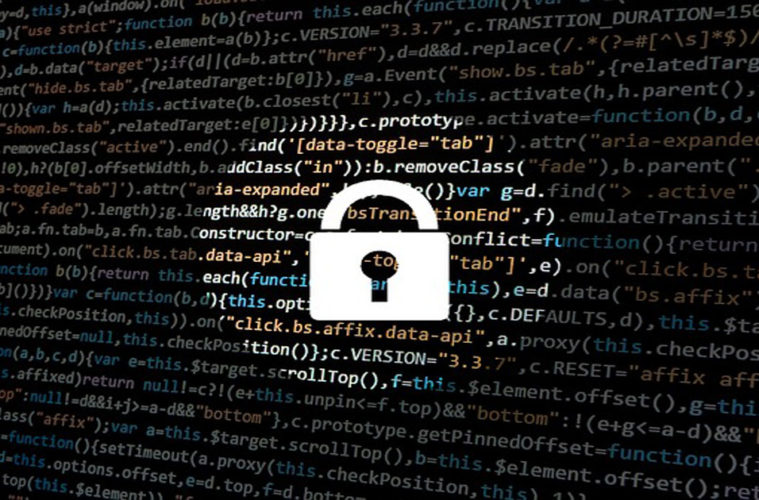There is no doubt that the internet is part of the daily activities of any student nowadays. If two decades ago, the internet was in early testing stages, the things are quite different know and the access to quality information has been simplified. However, there are also risks when it comes to learning and studying on the internet, as cybercrimes developed at a fast pace in recent years. From essays to courses and research, the internet might be problematic for some students who can get trapped by varied scams. Luckily, there are many ways to protect from such tricks found on the internet, and you can also ask for the legal support of a defence lawyer with experience in this field if you get into trouble.
Paying for courses that do not exist
Staying safe on the internet should be the first concern to all students who need to have a clue and a clear picture of cyber attacks and scams online. For example, some websites might propose different learning methods and even courses for which you need to make an account and pay a specific amount. There is nothing wrong to pay for particular information, but are such offers real? In many cases, these are false promises meant to leave your bank account empty. Once you access a website presenting the courses or projects you are interested in, the mechanism starts to work and to receive your personal information. A normal recommendation, in this case, would refer to the validity of websites that need to be established in the first place by making sure they are official and safe. Also, it is highly suggested to avoid unsecured payments on the internet. Feel free to verify the security and validity certificates before making a move in this direction and even ask for legal advice if you believe is necessary.
How can you protect your devices against cyber attacks?
Knowing the risks on the internet should concern any student who uses this tool on a daily basis for his/her learning programmes and projects. Being fouled by unsecured downloads on the computer or smartphone is for sure a worrying phenomenon, leaving students vulnerable in front of cyber attacks that can erase the entire content or access personal information. Some simple steps, yet highly important, can give any student the safe environment he/she needs to work in:
- Strong passwords for emails can protect your private data. The same thing is available for digital platforms provided by colleges;
- Make sure to back-up your data and information on your devices, so you can have an extra copy if your computer or phone is affected by malware;
- Avoid “jail-break” methods in order to receive security updates and many more;
- Report as spam any suspicious link or website you do not trust.
Staying safe on the internet should be the first thing to consider as a student who wants to access information from varied sources. There are numerous protection methods and cyber awareness programmes and information meant to raise awareness in this field, so the first advice is to double-check your sources before any move.





